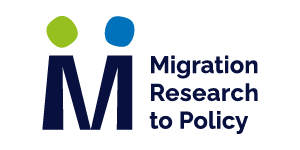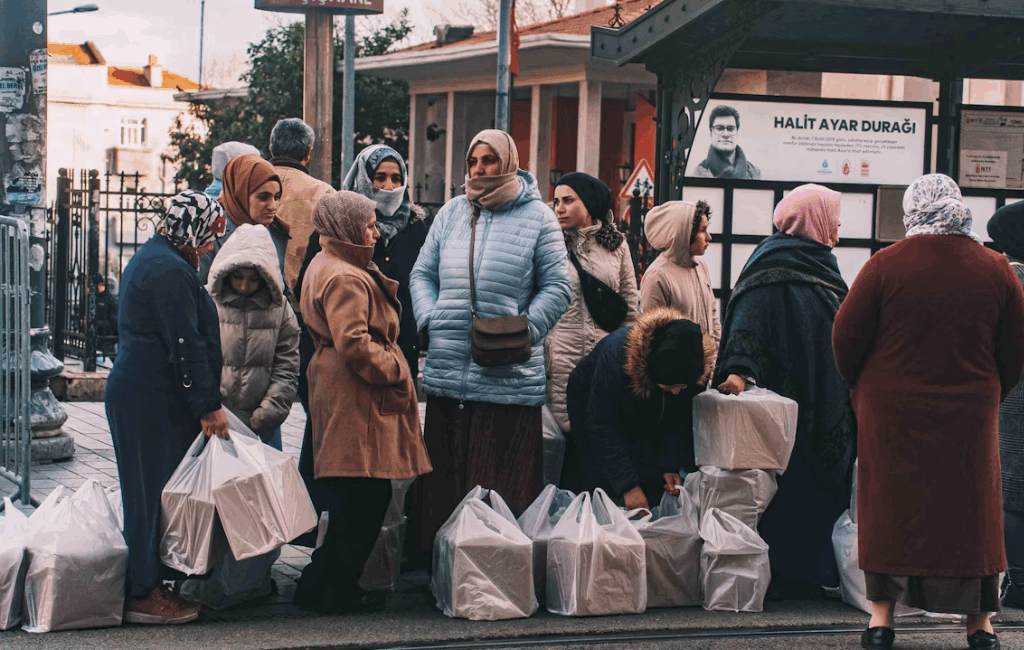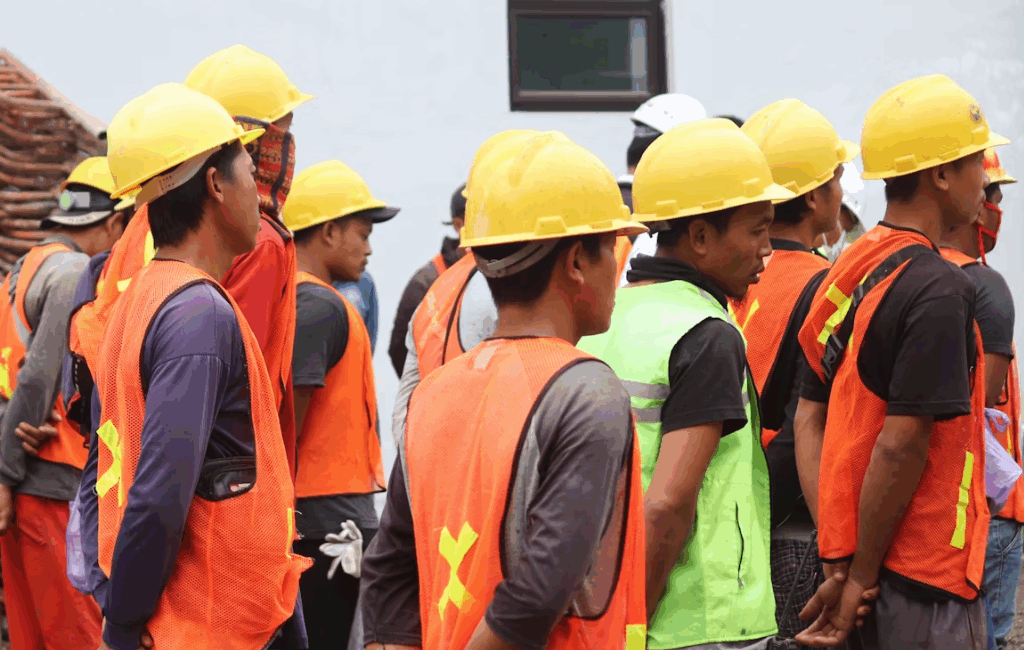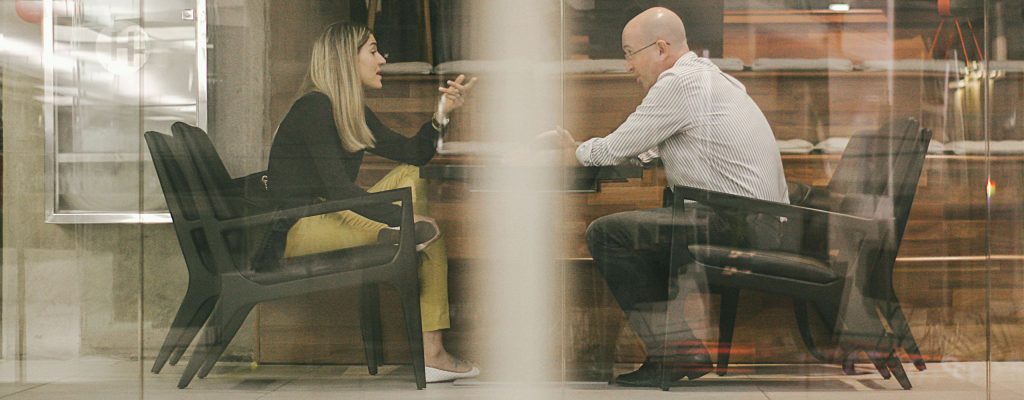
ENGAGEMENT HUB
Knowledge Brokers: Who are they and what they do
Author
About
Jutta Bissinger, Birte Nienaber, and Nora Trausch
research to policy
Working in academia can sometimes feel frustrating when relevant research does not seem to get noticed beyond the academic bubble or achieve the policy impact it should. Migration research is not an exception. Getting evidence into the right hands, at the right time, to influence policy design is a challenge. On top of that, we know that simply disseminating evidence and hoping that policymakers and practitioners make use of it often does not work. So, what does?
In this Short, we discuss how knowledge brokers can make a difference in research impact. Based on our research about the European Migration Network (EMN) and 35 interviews with EMN National Contact Points, practitioners, policymakers, and academics, we zoom in on their key role in creating networks and building relationships, and why it can drive evidence engagement.
What makes networking important
Our research findings show that when it comes to efficient evidence engagement, relationships aren’t just helpful, they are key factors. Social connections – and the trust that can develop based on them – facilitate access to information, efficient knowledge exchange, and ensure that policy-makers evidence needs are understood and met.
We also know from research that relationships and trust between researchers and decision makers can make a huge difference when it comes to evidence actually being turned into practice. That’s why researchers are often encouraged to build long-term connections and to with policy actors to strengthen the impact of their research.
But while knowing that relationships matter is one thing, actually building and maintaining them, especially with people outside one’s own bubble, is a whole other challenge. This is where knowledge brokers, with their ability to connect people, becomes particularly interesting.
Who makes the knowledge travel?: The role of knowledge brokers
Knowledge brokers are individuals or organisations that act as intermediaries between those who produce knowledge and those who use it. Their role is to facilitate the creation, exchange, and use of evidence between the different parties involved. How they achieve this can vary considerably depending on the context and actors involved, but three common approaches stand out:
- Knowledge management (providing evidence tailored to the needs of users)
- Capacity building (strengthening access to and ability to make use evidence)
- Linking agent (connecting people and facilitating relationship-building)
Interviewees in our study highlighted linking and relationship-building as especially valuable and a key part of EMN’s knowledge brokering role.
Here’s how the EMN connects people:
Several activities of the EMN connect people and boost evidence engagement, such as:
- Match-making: Leveraging its own networks to link those seeking evidence with experts who can provide the right knowledge and support.
- Creating opportunities for connection: By organizing and facilitating in-person events, the EMN provides opportunities for networking, relationship-building and informal exchanges.
- Bridging beyond silos: By facilitating interactions and connections between various communities, the EMN creates links between researchers, policymakers, and practitioners who might otherwise not meet or collaborate.
- Fostering mutual understanding: By bringing these different actors together, the EMN can help create a mutual understanding, which is crucial to align evidence production with evidence needs.
Looking ahead: what should knowledge brokers focus on?
In our research, we made suggestions for the EMN to focus on to further enhance its role in bridging between research, policy and practice —suggestions, which apply to brokers more broadly, include:
- Systematically build relationships between researchers and policymakers. Our research on the EMN shows that the network’s strength lies in providing opportunities for sustained exchange between participants, which can build personal relationships and trust that are both essential for evidence engagement. Knowledge brokers should therefore focus on creating initiatives that regularly bring researchers, policymakers, and practitioners together to engage in dialogue and develop lasting connections. These ongoing interactions could cultivate the relationships and trust that are known to enhance evidence uptake.
- Create opportunities for collaboration and co-creation. Collaboration and co-creation between researchers, practitioners, and policymakers can enhance the creation and use of evidence. Knowledge brokers, positioned between different communities, can use their role to set up and facilitate such initiatives. A good example is the joint EMN Luxembourg–INNOVATE event that brings together policy actors, academics, and practitioners to co-create knowledge on the complex issue of migration forecasting and preparedness by using the LEGO® SERIOUS PLAY® method. In this way, EMN Luxembourg and the INNOVATE team at Unilu act as knowledge brokers, connecting diverse stakeholders to collaboratively create insights. This co-creation process can foster a sense of ownership among participants and enables a more holistic form of knowledge production including different perspectives.
Birte Nienaber is an Associate Professor in Political Geography at the University of Luxembourg. She coordinates the National Contact Point Luxembourg of the European Migration Network (EMN Luxembourg) and the European Union Agency for Fundamental Rights (FRANET). She has extensive experience in participatory research methods in migration studies and was the project coordinator of Horizon Europe project MIMY and MOVE.
Nora Trausch is a Research and Development Specialist at the University of Luxembourg, where she is working on the Horizon Europe project INNOVATE.
Jutta Bissinger is a Research and Development Specialist at the University of Luxembourg, where she has worked on several Horizon Europe projects in the field of migration and asylum, among others MIMY, MOVE, and INNOVATE.
Learn more
– Networks, Knowledge Brokers, and the Potential to Impact the Use of Research Evidence
– Knowledge Brokering: The missing link in the evidence to action chain?
Submit your idea for a ‘short’ to be featured on the Co-Lab.












